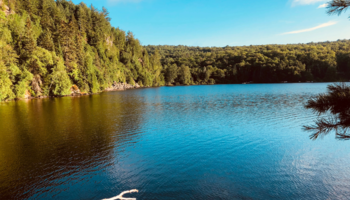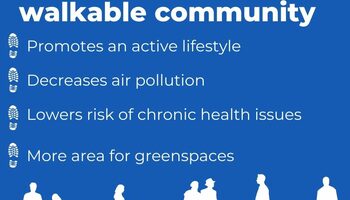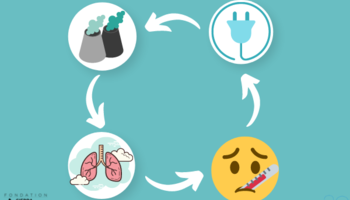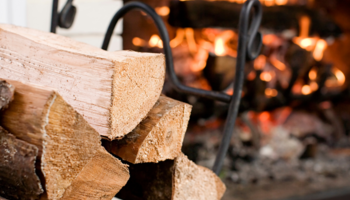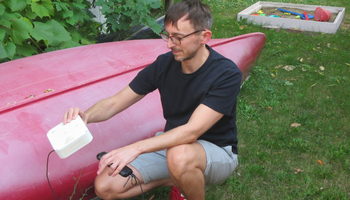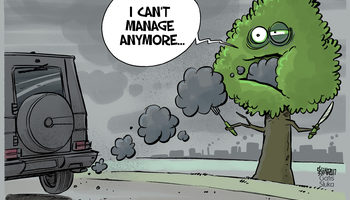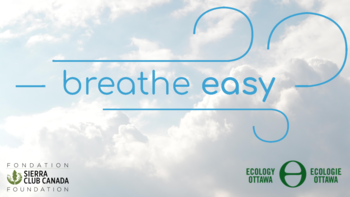Breathe Easy Blog
Walking our way to better air quality
Claire MacDougall — August 8, 2022Ozone: How does it impact you?
Aish Ravi Shankar — June 22, 2022
Take a Deep Breath…
Sarah Morgan-White — April 1, 2022Who, me? How we can mitigate air pollution and improve our health
Daniela Ravindra — February 24, 2022Air pollution does not have to be as obvious or as extreme as that in Delhi to cause harm. Believe it or not, even Canada – a place we think of as very clean and healthy – experiences air pollution which is caused both by human activity, such as simple daily tasks or, more complex economic activity such as building, manufacturing, farming, and mining.
The choices we make, both in our everyday lives, as well as in supporting specific public policies, have important effects on how our neighbourhoods, our provinces, and our country addresses air pollution.
The holiday tradition we’d be better off without
Alma Hyslop — December 8, 2021Field Notes from a Citizen Scientist
Posted on November 22, 2021Breaking News: WHO Releases New Air Quality Guidelines
Jake Cole — September 27, 2021Our BreatheEasy project continues to measure air quality at different sites across the Ottawa region.
How is the air in Ottawa? Generally speaking, the air quality in our city is fairly good. However, we have also identified a number of air pollution "hot spots".
The Sneaky Culprits Behind Air Pollution
Jake Cole — October 23, 2020So there I was on that sunny summer afternoon, just getting started with our Sierra Club Canada project, “Breathe Easy,” to measure air pollution all across Ottawa. I was working from home, all the windows open, when suddenly there's a cacophony of clattering noise starting up somewhere in the neighbourhood and a real stinky smell wafting into the yard and in through my windows. I investigate to find that a local hedge trimming company has unleashed a team of three ardent cutters on my adjacent neighbour's back yard. I close up all my windows and whip over to see what's going on.
How's the Air Where You Live Today?
Jake Cole — August 4, 2020
What prematurely kills some 500 people in Ottawa every year, and about 14,600 in Canada?
It’s air pollution. How serious is that? As I stated in an opinion piece published in the Ottawa Citizen, that’s about as deadly as the COVID-19 pandemic. During 2020, about 500 people died in Ottawa from the Covid-19 virus and about 15,000 in Canada.

